Sudan
When Khartoum residents Ayman Abu Arki and his uncle Hossam stopped answering their phones, their family turned to Facebook. There, a user sent them a photo of a car riddled with bullets, with two bodies inside.
On the picture, the license plate number was visible and matched that of the car the men had taken to "go buy water" under crossfire on April 16, one of their relatives told AFP.
The day before, fighting had broken out between the two generals in power in Sudan since their coup in 2021. The families, surprised in the middle of the Ramadan weekend, had not particularly stocked up on food or water.
That's why, says their relative who refuses to give his name, Ayman and Hossam Abu Arki took the risk of going out under artillery fire and air raids.
In the chaos of the fighting in Khartoum, a city of more than five million inhabitants where running water and electricity have almost disappeared, social networks are now a precious link for the inhabitants barricaded in their homes.
It is there, on Facebook or Twitter, that families without news of a loved one launch SOS and calls for witnesses.
- "Never returned" -
Heba, for example, has not been able to reach his father since April 23. On that day, he went out to buy his critically needed medicine.
"But he never came back," she tells AFP. "I just hope he's safe and sound, in a safe place."
The phenomenon is affecting so many families that a few days ago, the International Committee of the Red Cross (ICRC) in Sudan set up a hotline to report disappearances.
Mounira Edwin last spoke on April 15 to her older brother Babiker, an employee at the Coca-Cola factory in the northern suburbs of Khartoum.
When the fighting started, "he called me to tell me to tell his wife and six children that he was okay and that he was going to get out of the factory and go home," she says.
After this call, nothing more. Just a long silence of twelve days.
Distraught, she contacted "Mafqoud" ("Missing" in Arabic), an online initiative to help families find out the fate of a loved one caught up in the violence.
For the handful of volunteers who run Mafqoud, a sense of déjà vu hangs in the air. They began their painstaking work in 2019, when the troops, then led by the two generals now at war, bloodily dispersed a sit-in in Khartoum demanding the army's departure from power.
After giving her brother's identity, his photo and her own phone number to Mafqoud, Mounira received a call on April 27.
- Turning back from the fighting -
"I was told that Babiker's body had been found, pierced by two bullets and that he was in the big mosque near the Arab market," where he usually changed buses to get home from work, she recalls.
Since then, she continues, "we are in contact with the imam of the mosque", who keeps the bodies in the hope that their families can bury them one day.
But "when two of my brothers tried to go and get his body, soldiers forced them to turn back because of the fighting in the area," Mounira says.
Today, Moussaab Kamel, Mafqoud's spokesman, counts "250 civilians missing, mainly elderly or disabled people and children".
The first few days, "we had between 100 and 150 calls daily," he says.
The following week, "there were 10 to 15 missing people a day," many of whom were eventually found: some had been arrested by the paramilitary Rapid Support Forces (RSF) and others by the army.
For the others, it may be a long time before they are found, as the fighting makes it impossible to recover and identify the bodies that litter the streets.



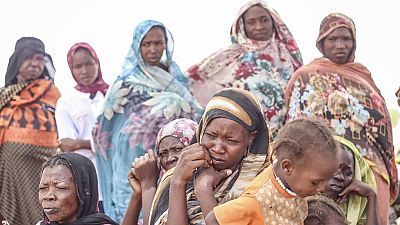

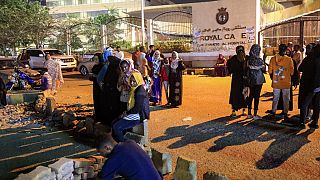
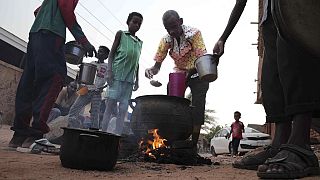
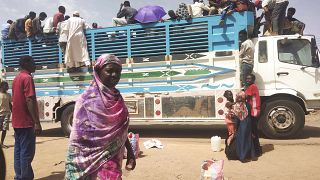
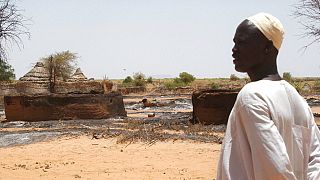
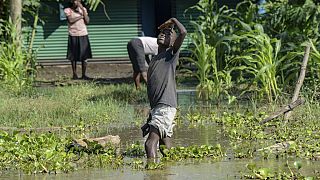
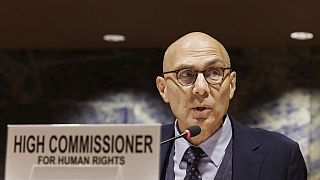

Go to video
Another Nigerian socialite Cubana Chief Priest charged for throwing money in air
Go to video
South Africa ; Gauteng Health raises concerns about rising food poisoning incidents
Go to video
SA users of Starlink will be cut off at the end of the month
Go to video
Nigeria suspends permit of 3 private jet operators
Go to video
Senegal to host first Olympic event in Africa
Go to video
Namibia : Manhunt as ‘dangerous’ suspects escape cell